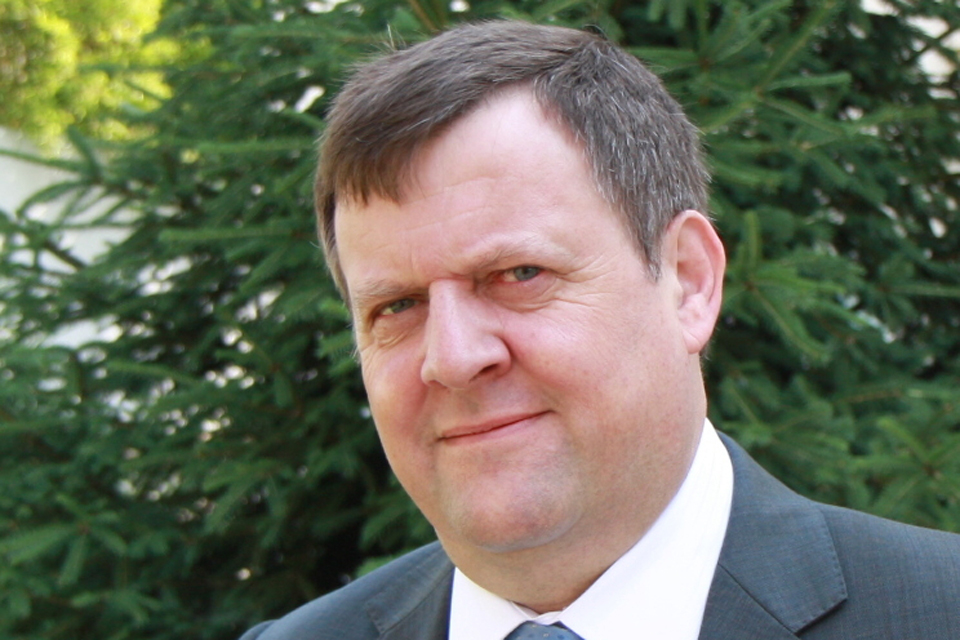Strengthening the Albanian Probation Service
British Ambassador to Albania's speech at the ceremony marking the conclusion of the project on strengthening the Albanian Probation Service.

Honourable Minister, ladies and gentlemen.
I am pleased to have the opportunity to speak at this ceremony marking the conclusion of this project on strengthening the Albanian Probation Service. This Service has been a success story for Albania, the creation from zero of a new institution on modern European lines. This service has succeeded in its objectives of reducing the prison population and offering to the courts credible and effective alternatives to imprisonment.
There is of course much more work to be done, in strengthening the network of probation offices, and improving the training of probation officers, internal controls and liaison with other branches of the judicial and police system. But I must congratulate the Minister of Justice and the Head of the Probation Service and their staff on their achievement. I would like to thank Alan Macdonald for his efforts as resident expert. I am very proud that British experts have been able to play such a prominent part in this project. I would also like to thank Ambassador Sequi for his support, and of course the European taxpayers who paid for this project.
Last week, Minister Halimi and Jeremy Wright, the British Minister for Prisons and Rehabilitation, signed in London an agreement on the transfer of prisoners. This fully reciprocal agreement underlines the respect and spirit of cooperation between our two Ministries of Justice. Minister Halimi also took the opportunity to discuss some of his interesting and ambitious ideas for further reform in the prison and rehabilitation system, including the wider use of electronic monitoring and the privatisation of low-security prisons and the transport of low-security prisoners. These should reduce still further the prison population and free up money to be used on more constructive projects, while at the same time reassuring the public that the government is keeping a close eye on the safety of the public.
I hope that the Minister and his team will have further opportunities for exchanges with British experts in these fields to learn from our experiences, our successes and, most importantly, from our mistakes. The United kingdom would be very interested to participate in any further similar EU-sponsored projects in the prison field.
The process of fully integrating Albania into the European mainstream is sometimes portrayed in the media as a matter of check-lists and instructions from Brussels. This is not a helpful way of looking at the process. Instead, all branches of the public service, at central and local level, the political and legal worlds in Albania should follow a process of reform, through their own will, to bring their structures, attitudes and working methods into line with those prevalent in the European Community. In most fields of administration, there is no single European model, instead a variety of structures and practices in different countries, some more effective than others. This gives the opportunity for Albania to choose paths of reform that are most effective and which best suit local conditions.
You can draw on the expertise or advice of the European Commission and of your friends in the Member States. But you have to decide on the reform process yourselves and follow through on implementation.
So that is why I think that some of the recent initiatives of the Ministry of Justice, including the establishment of the Probation Service, are so interesting and significant. They arise from Albanian-led initiatives. They make use of the support and advice available in the European Union. They serve the public in concrete ways that affect the daily lives of individuals. And they contribute to the wider process of European integration, that responds to the democratic will of the Albanian people. I hope that this project will act as an example for other projects of institutional reform, both in the justice sector and more widely.
And I can assure you that my country is determined to make a continuing and indeed wider contribution to this process.